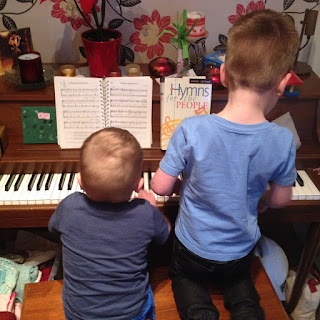The Power of Collections in Generating Blog Traffic: by Trevor Thorn

Image from Lent, Holy Week and Easter Collection In most of my recent posts to this blog, I have tried to pass on information about my own five-and-a-half years of blogging experience and to highlight some of the simpler ways I have discovered to attract viewings to the site. Here, I describe briefly the way in which ‘Collections’ can be helpful. I describe how I use them on ‘Blogger’ and assume there is a parallel sytem on ‘Wordpress’ (although Wordpress users will have to explore). It is fairly simple. I use a ‘Page’ in the Blogger ‘New Post’ side menu to create an index of posts with a common theme. Each item listed has a hyperlink to the post itself. Then every original post refers back to this index with a simple final line ‘If you have enjoyed this, you may also enjoy my other poems with an Easter theme (for example). Click here to see the complete Easter collection.’ To some degree, the same can be achieved through tags – but the advantages are that the Pages menu will...









